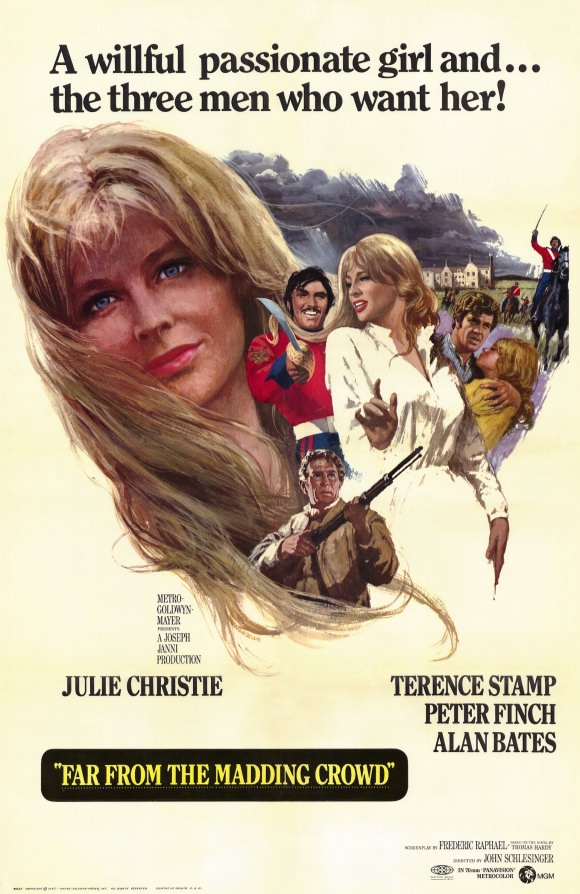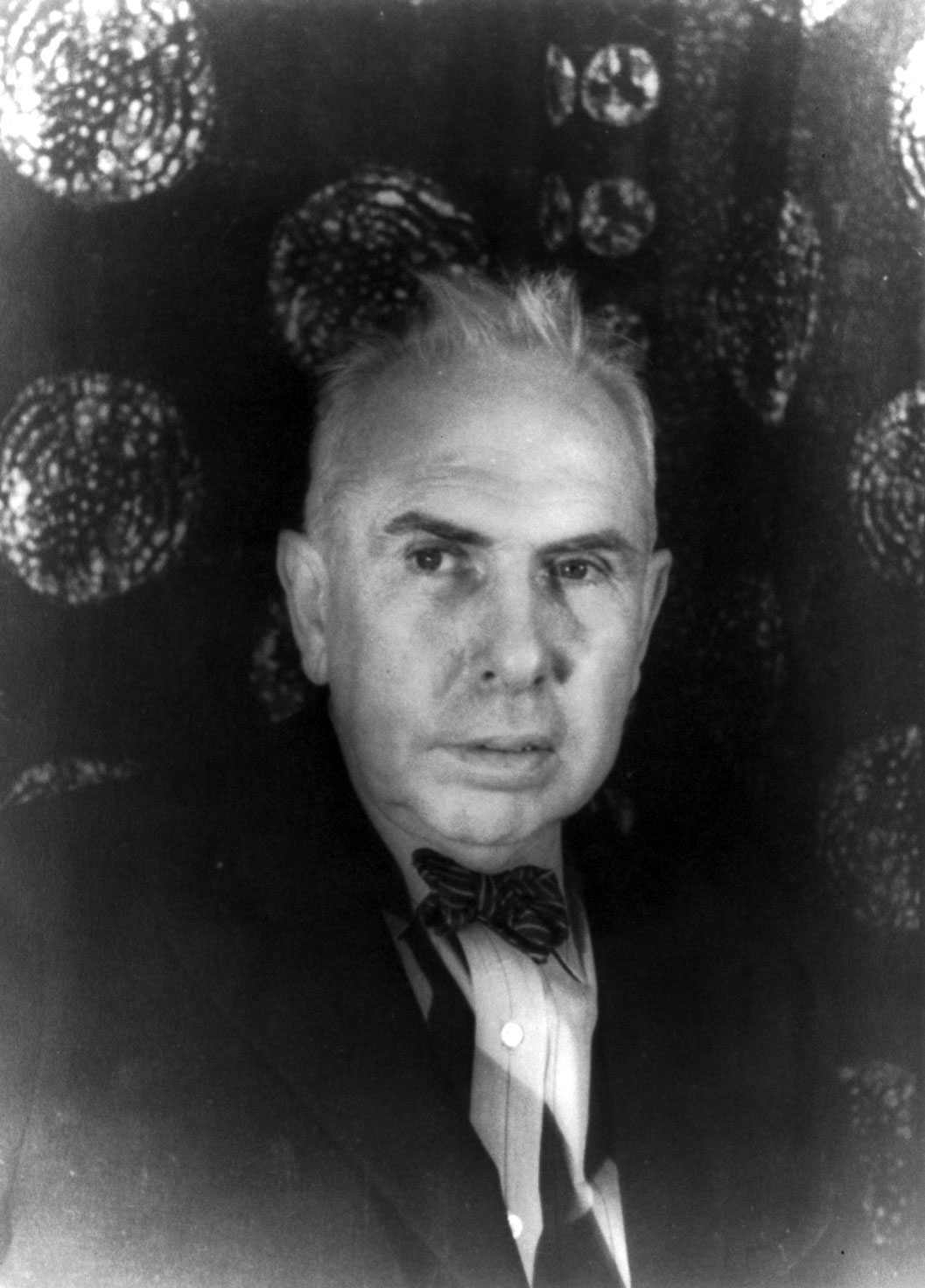I didn't show up at the ceremony to collect any of my first three Oscars. Once I went fishing, another time there was a war on, and on another occasion, I remember, I was suddenly taken drunk.
John Ford, who died on this date in 1973, was perhaps the greatest of all American film directors.
Ford is remembered mostly as a director of Westerns. Ford won the "Best Director" Oscar four times -- more than any other director -- but never won it for one of his Westerns.
It's hard to believe that he wasn't even nominated for The Man Who Shot Liberty Valance or The Searchers -- "a darkly profound study of obsession, racism, and heroic solitude" that stars John Wayne as a very different kind of hero than he usually portrays -- which is now widely considered to be the greatest Western ever made. Steven Spielberg, Martin Scorsese, George Lucas, Jean-Luc Godard, and several other well-known directors have paid homage to The Searchers in their movies.
Ingmar Bergman, who many would say is the greatest movie director of all time, said Ford was the best. After viewing Ford's The Informer, Jean Renoir reportedly told another director, "I learned so much today . . . I learned how to not move my camera." When Orson Welles was asked to list his favorite directors, he said, "I like the old masters, by which I mean John Ford, John Ford, and John Ford."



















